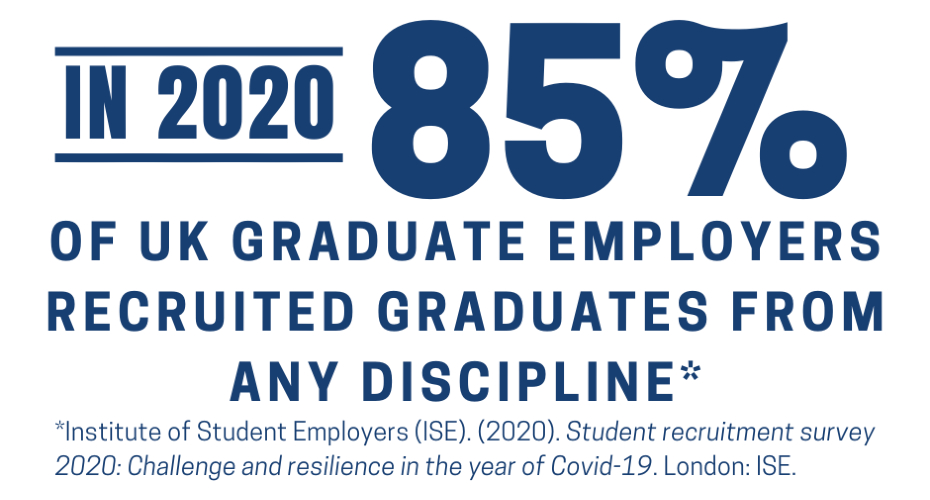What can I do with a degree in Medical Imaging (Diagnostic Radiography)?
The below offers a selection of the destinations University of Exeter graduates from Medical Imaging (Diagnostic Radiography) have gone on to. The information below is not exhaustive, however it does highlight the range of job and further study options available to you after your studies.
If you would like to learn more about any of the jobs listed below you may wish to browse the job profiles on the Prospects website.
Careers with a degree in Medical Imaging (Diagnostic Radiography)
Recent Exeter Medical Imaging (Diagnostic Radiography) graduates have entered a wide range of careers. Some recent examples include:*
- Medical radiographers
- Science, engineering and production technicians
- Laboratory technicians
- Nursery education teaching professionals
Many employers accept applications from graduates with any degree subject, so don't restrict your thinking to the jobs listed above.
Other resources:
- Employment sector pages
- Prospects to find out more about job profiles
- Graduate Outcomes Data to do a deep dive into the data on what Medical Imaging (Diagnostic Radiography) graduates do after their degree
- LinkedIn Exeter Medical Imaging (Diagnostic Radiography) alumni tool (you will need to be logged in to LinkedIn to access this functionality)
- Alumni Profiles database to explore what Medical Imaging graduates do after their degree
* Data taken from aggregating the responses from full-time, first degree, UK domiciled students who completed 2017/18 and 2018/19 Graduate Outcomes surveys (ordered from most popular to least).
Employers of Exeter alumni with a degree in Medical Imaging (Diagnostic Radiography)
Recent Exeter Medical Imaging (Diagnostic Radiography) graduates have entered a wide range of careers. Some recent examples include:*
Other resources:
- LinkedIn Exeter Medical Imaging (Diagnostic Radiography) alumni tool (you will need to be logged in to LinkedIn to access this functionality)
* Data taken from aggregating the responses from full-time, first degree, UK domiciled students who completed 2017/18 and 2018/19 Graduate Outcomes surveys.
Skills
An Exeter Medical Imaging (Diagnostic Radiography) degree will arm you with some great employability skills including:
- Produce detailed, high quality anatomical and physiological images of what is happening within the human body, to assist in the diagnosis of injury and disease
- Provide high levels of patient care, while being confident in your technical ability through acquiring a strong academic foundation
- Register as a diagnostic radiographer with the Health and Care Professions. Council and apply for membership of the Society and College of Radiographers
- Apply the expertise gained from spending time at a different placement site each year, demonstrating a wide range of clinical experience
- Liaise closely with a range of medical staff including consultants, registrars, trainee doctors, nurses, medical physicists, engineers and a range of other allied health professionals
Further Study
Around 23% of Exeter graduates in Medical Imaging go on to pursue further study within 15 months of completing their undergraduate degree. Some recent progression routes include:
- Bachelor of Medicine, Bachelor of Surgery
- MSc Biomedical Engineering
Useful resources:
- Find a Masters
- Masters Compare
- Masters Portal
- Prospects
- University of Exeter PG Study
- LinkedIn Exeter Medical Imaging (Diagnostic Radiography) alumni tool (you will need to be logged in to LinkedIn to access this functionality)
* Data taken from aggregating the responses from full-time, first degree, UK domiciled students who completed 2017/18 and 2018/19 Graduate Outcomes surveys.
**Individual course names were taken from the University of Exeter's Career Destination survey (2018/19 & 2019/20) as this information is not collected within the Graduate Outcomes survey.

